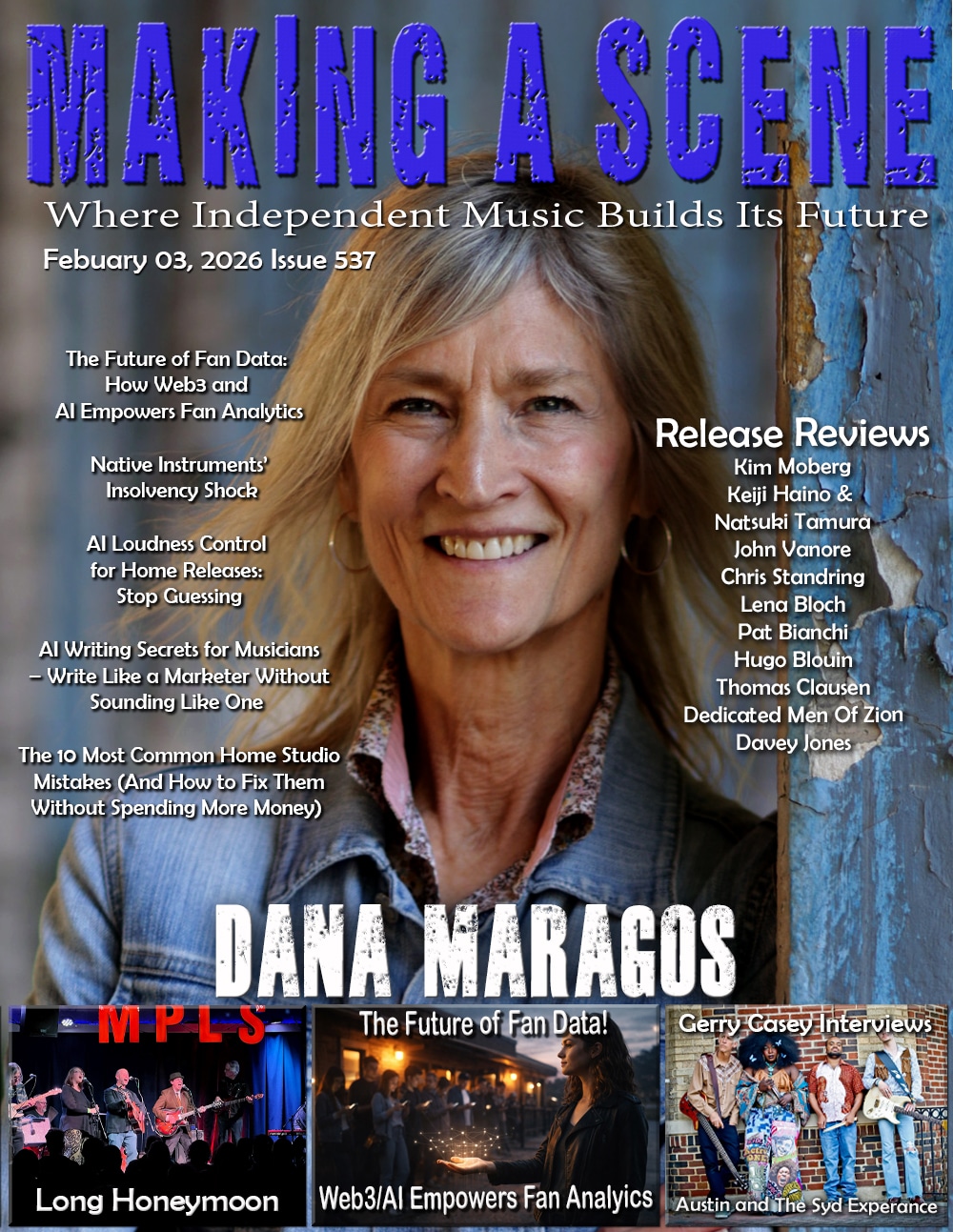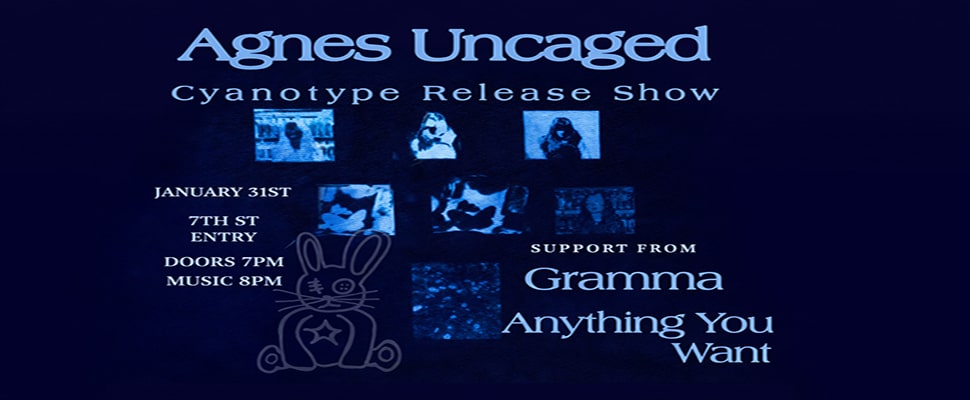Paloma MEMORY
 PALOMA
PALOMA
MEMORY
The Audiophile Society
Paloma Dineli Chesky, vocals; Michael Hilgendorf, guitar/musical conductor; Maxwell Barnes, tenor saxophone; Danno Peterson, drums; Chris Ramirez, bass.
To open this album, Paloma’s honey sweet vocals caress the familiar melody of a very popular song for singers, “Summertime.” The drums open this arrangement with a funk beat. Maxwell Barnes has a warm, Stan-Getz-kind-of-style on tenor saxophone. His solo puts the “J” in jazz. However, the contemporary arrangement is geared more to Paloma’s voice and style.
Paloma Dineli Chesky, is a composer and lyricist who has written six out of the nine tunes on this album. This is meant to be a crossover project, embracing the freedom and improvisation of jazz, combined with her original songwriting, and the contemporary arrangements that lean heavily towards a pop direction.
“I want to tie different styles and ideas together. What I’m showcasing is who I am now through chords and lyrics that tell a story. I am sharing my experiences and hoping to connect deeply with my audience,” Paloma explains.
A song she calls “Sober Now” introduces fusion jazz into the production. On her rendition of “Corcovado,” sung in Portuguese, you hear this sensuous jazz singer step fully into the potential of her talent. She sounds natural and comfortable singing Brazilian music. After all, Paloma’s mother, Patricia Dineli, is a Brazilian classical actress from Sao Paulo. Her father is David Chesky, a pianist and composer. Music runs deep in her family. Latin music clearly compliments her voice.
Paloma follows this popular Jobim tune with the traditional American folk song, “House of the Rising Sun.” Here, she shows off her ability to switch genres and puts a bit of growl into her vocals.
Paloma has a style and recognizable tone that dubs her, not just another singer, but a ‘stylist.’ That means, if you hear her voice once, you will recognize her the next time. That’s true of other artists who became huge stars because of their unique sounds, like Billie Holiday, Gladys Knight or Sade.
Unfortunately, I feel as though some of these musical arrangements do not support her songwriting. For example, on a song she calls “When the Moon’s Away.” The chord changes provided by her musical conductor are not necessarily supportive of her melody. I walked away from this album thinking, perhaps she needs written arrangements by a professional arranger.
Reviewed by Dee Dee McNeil
Buy Us a Cup of Coffee!
Join the movement in supporting Making a Scene, the premier independent resource for both emerging musicians and the dedicated fans who champion them.
We showcase this vibrant community that celebrates the raw talent and creative spirit driving the music industry forward. From insightful articles and in-depth interviews to exclusive content and insider tips, Making a Scene empowers artists to thrive and fans to discover their next favorite sound.
Together, let’s amplify the voices of independent musicians and forge unforgettable connections through the power of music
Make a one-time donation
Make a monthly donation
Make a yearly donation
Buy us a cup of Coffee!
Or enter a custom amount
Your contribution is appreciated.
Your contribution is appreciated.
Your contribution is appreciated.
DonateDonate monthlyDonate yearlyYou can donate directly through Paypal!
Subscribe to Our Newsletter
Order the New Book From Making a Scene
Breaking Chains – Navigating the Decentralized Music Industry
Breaking Chains is a groundbreaking guide for independent musicians ready to take control of their careers in the rapidly evolving world of decentralized music. From blockchain-powered royalties to NFTs, DAOs, and smart contracts, this book breaks down complex Web3 concepts into practical strategies that help artists earn more, connect directly with fans, and retain creative freedom. With real-world examples, platform recommendations, and step-by-step guidance, it empowers musicians to bypass traditional gatekeepers and build sustainable careers on their own terms.
More than just a tech manual, Breaking Chains explores the bigger picture—how decentralization can rebuild the music industry’s middle class, strengthen local economies, and transform fans into stakeholders in an artist’s journey. Whether you’re an emerging musician, a veteran indie artist, or a curious fan of the next music revolution, this book is your roadmap to the future of fair, transparent, and community-driven music.
Get your Limited Edition Signed and Numbered (Only 50 copies Available) Free Shipping Included
Discover more from Making A Scene!
Subscribe to get the latest posts sent to your email.









